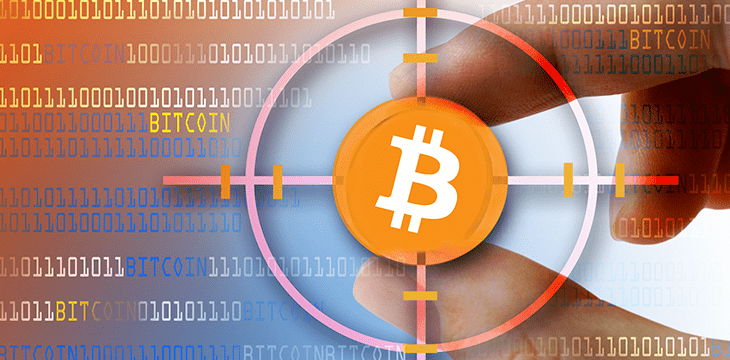|
Getting your Trinity Audio player ready...
|
It’s no secret that governments worldwide regularly seize digital currencies in criminal cases. Starting with the massive seizure of Ross Ulbricht’s BTC back when the Silk Road was brought down and it is still going on to this day, CNBC recently shed light on what happens to Uncle Sam’s seized coins.
As it turns out, the U.S. government is terrible at deciding when to sell and has squandered many opportunities related to its haul of seized digital assets. For example, in 2014, Tim Draper bought 30,000 BTC at auction for $19 million. Today, that same stash is worth a cool $1.3 billion.
What does the government do with seized crypto currencies?
The U.S. government seizes cryptocurrencies by having access to physical devices with wallets on them. It’s well-known that great care and detail went into making sure Ross Ulbricht’s laptop remained open and active during the sting operation that brought him down and that his coins were seized by having access to the wallets on his computer.
Typically, after the coins are seized, which is usually via old-school law enforcement techniques like search and seizure using lots of manpower, the U.S. government auctions them off. For example, $56 million worth of coins related to the infamous Ponzi scheme BitConnect will soon be auctioned off. Who holds the auctions? It’s usually the U.S. Marshals Service. To date, it has auctioned off 185,000 BTC.
After the coins are sold, the cash is then distributed to different government departments. It often goes into the Treasury Forfeiture Fund or the Department of Justice Assets Forfeiture Fund.
CNBC reported that so many seizures are taking place that the U.S. government has recently contracted private companies to help them store and manage the coins. This speaks volumes about how much criminal activity is taking place in the industry. And that’s just the tip of the iceberg!
The number of seizures is going to pick up pace quickly
Despite all of this, the truth is that the law hasn’t yet realized the power it has to seize cryptocurrencies linked to crime or to recoup victims’ funds in digital currency scams. While agencies are still using boots on the ground, conducting raids, and physically seizing devices holding digital assets, they’re slowly learning that much of this is unnecessary because Bitcoin was designed in such a way that wallets can be frozen, and funds can be moved by court order. In other words, code is not law, law is law.
To imagine how this might work in the future, let’s imagine that Ulbricht’s Silk Road was still active today. If authorities could prove that wallets x, y, and z belonged to Silk Road, say by using blockchain analytics tools combined with traditional investigation techniques, they could secure court orders from judges that issue the orders to miners/nodes and have them simply freeze the funds. Later, a court could order the miners/nodes to move the funds from the Silk Road wallets to the wallets of the receiving agency.
While many BTC maxis will claim this is impossible due to the 14k+ listening nodes on the network, it will soon be demonstrated, and the world will be left with no doubt that it’s possible. When this happens, we can expect a dramatic change in the narrative surrounding digital currencies, a warming up of governments toward Bitcoin, and an increase in the number of cases where seizures occur as law enforcement agencies realize the power the blockchain gives them.
As for the centralized protocol developers of blockchains like BTC, they are coming to the realization that they all have a fiduciary duty as maintainers and developers of the network. This means they will have to do what is necessary to comply with legal orders. This includes taking responsibility for any code alterations they have made or will make in the future and any adverse effects these have on users. Maybe that’s why so many of them have been jumping ship recently?
If you think the 185,000 BTC auctioned off by the Marshals Service so far is dramatic, you haven’t seen anything yet! Things are going to get extremely interesting in the coming few years. As always, CoinGeek will be here to report on it.
Watch: CoinGeek New York panel, Investigating Criminal Activity on the Blockchain

 02-17-2026
02-17-2026 




